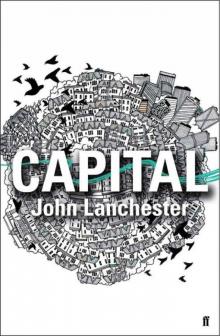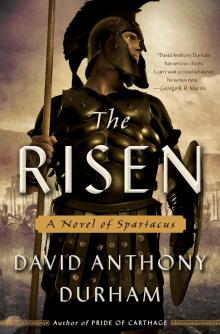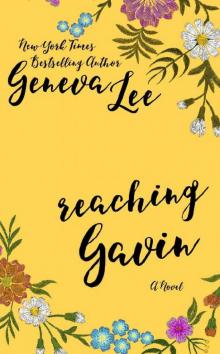Capital: A Novel


Author: John Lanchester
Category: Other3
Published: 2012
Series:
View: 597
Read OnlineFrom the best-selling author of The Debt to Pleasure, a sweeping social novel set at the height of the financial crisis.Celebrated novelist John Lanchester (“an elegant and wonderfully witty writer”—New York Times) returns with an epic novel that captures the obsessions of our time. It’s 2008 and things are falling apart: Bear Stearns and Lehman Brothers are going under, and the residents of Pepys Road, London—a banker and his shopaholic wife, an old woman dying of a brain tumor and her graffiti-artist grandson, Pakistani shop owners and a shadowy refugee who works as the meter maid, the young soccer star from Senegal and his minder—are receiving anonymous postcards reading “We Want What You Have.” Who is behind it? What do they want? Epic in scope yet intimate, capturing the ordinary dramas of very different lives, this is a novel of love and suspicion, of financial collapse and terrorist threat, of property values going up and fortunes going down, and of a city at a moment of extraordinary tension.Review“An exceptionally capacious and involving tale about disparate lives in turmoil on London’s Pepys Road…. Lanchester makes us care deeply about his imperiled characters and their struggles, traumatic and ludicrous, as he astutely illuminates the paradoxes embedded in generosity and greed, age and illness, financial crime and religious fanaticism, immigration, exile, and terror. A remarkably vibrant and engrossing novel about what we truly value.” (Donna Seaman - Booklist )“Searching, expert, on the money. I loved it.” (Joseph O’Neill, author of Netherland )“Effortlessly brilliant—gripping for its entire duration, hugely moving and outrageously funny.” (Observer (UK) )“Capital comes in a great tradition of novels which are filled with the news of now, in which the intricacies of the present moment are noticed with clarity and relish and then brilliantly dramatized. It is clear that its characters, its wisdom, and the scope and range of its sympathy, will fascinate readers into the far future.” (Cólm Toibín, author of Brooklyn )“Precise, humane and often hilarious, John Lanchester’s Capital teems with life. Its Dickensian sweep and its clear-eyed portrayal of the end of a strange era make this novel not only immensely enjoyable, but important, too.” (Claire Messud, author of The Emperor’s Children )“Searching, expert, on the money. I loved it.” (Joseph O’Neill, author of Netherland )“As enrapturing as it is psychologically acute… Capital portrays an authentic slice of contemporary life on the eve of change in a way that recalls Franzen—with a welcome touch of wry humor.” (Bookpage )“Brimming with perception, humane empathy and relish, its portrayal of this metropolitan miscellany is, in every sense, a capital achievement.” (Times on Sunday (UK) )“It is Lanchester’s gifts for observation and description that make Capital such a riveting read. It is a novel in which every few chapters a sentence will provoke an "I wish I had said that" reaction or, when it is a familiar thought, an: "I wish I had said that so well." … Above all, Lanchester should be applauded for a novel that is as readable as it is clever. He never attempts to prove his own intelligence, yet it oozes from every page.” (Evening Standard (UK) )“The book John Lanchester was born to write.” (The Guardian (UK) ) Review"Precise, humane and often hilarious, John Lanchester's Capital""teems with life. Its Dickensian sweep and its clear-eyed portrayal of the end of a strange era make this novel not only immensely enjoyable, but important, too." --Claire Messud "Strikingly original..." --"The Guardian" "Lanchester makes us care deeply about his imperiled characters....A remarkably vibrant and engrossing novel about what we truly value." --"Booklist" "Capital""[is] filled with the news of now, in which the intricacies of the present moment are noticed with clarity and relish and then brilliantly dramatized. It is clear that its characters, its wisdom, and the scope and range of its sympathy, will fascinate readers into the far future." --Colm Toibin
 The Woman From Prague
The Woman From Prague Insurrection
Insurrection Even in Paradise
Even in Paradise Danice Allen
Danice Allen The Risen
The Risen ENEMY WITHIN
ENEMY WITHIN Reaching Gavin (Good Girls Don't Book 3)
Reaching Gavin (Good Girls Don't Book 3) Monster Inside Me: Volume I (A Dark Mafia Romance Book 1)
Monster Inside Me: Volume I (A Dark Mafia Romance Book 1)